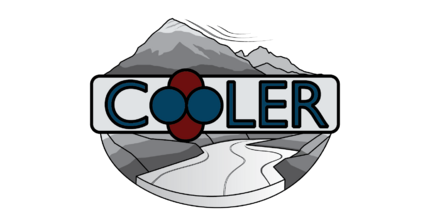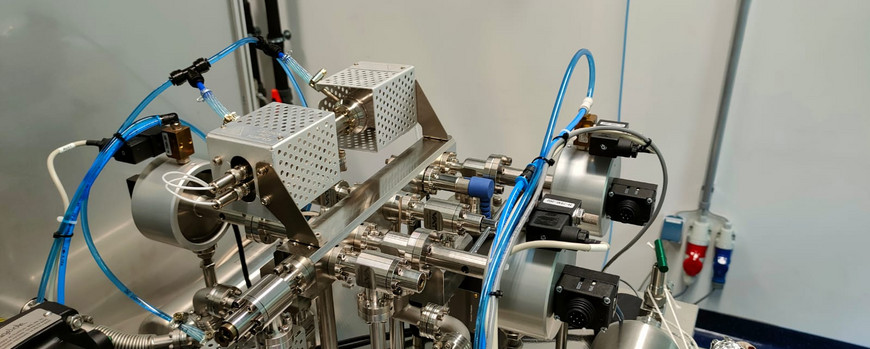4He/3He-Thermochronologielabor
Prof. Dr. Peter van der Beek
Leitung
Julien Amalberti, PhD
Laborleitung
Beschreibung
Das 4He/3He-Thermochronologielabor der Universität Potsdam ist eine Einrichtung zur präzisen Messung von Heliumgehalten in bestimmten akzessorischen Mineralen für die hochauflösende ultra-niedrigtemperatur 4He/3He-Thermochronologie. Als Teil des ERC-finanzierten COOLER-Projekts ist das Labor das erste seiner Art in Europa mit dem Ziel, ein weltweit führendes Labor für 4He/3He-Thermochronologie zu werden.
Unsere derzeitige 4He/3He-Anlage umfasst:
- ein Helix SFT Massenspektrometer für die Mehrfacherfassung von Helium
- eine Ultrahochvakuum-Extraktions- und -Reinigungslinie mit SAES Zr-Al getters
- ein Fusions .970 Diodenlasersystem für die Entgasung von Proben
- eine Janis 10K Kühlfalle zur Abtrennung der He-Phase vor dem Eintritt ins Helix SFT Massenspektrometer
Das System wurde entwickelt, um gleichzeitig niedrige Konzentrationen von 4He und 3He zu messen, die von Einzelkristallen während der Laserschmelzstufenerwärmung freigesetzt werden. Vor dem Einschmelzen und der 4He/3He-Quantifizierung wird in jedem Kristall gleichmäßig synthetisches 3He durch Bestrahlung der Probe induziert. Dazu muss die Probe über einen längeren Zeitraum einem Protonenstrahl mit hoher Energie und hoher Fluenz (1015-1016 Protonen/cm2) ausgesetzt werden.



